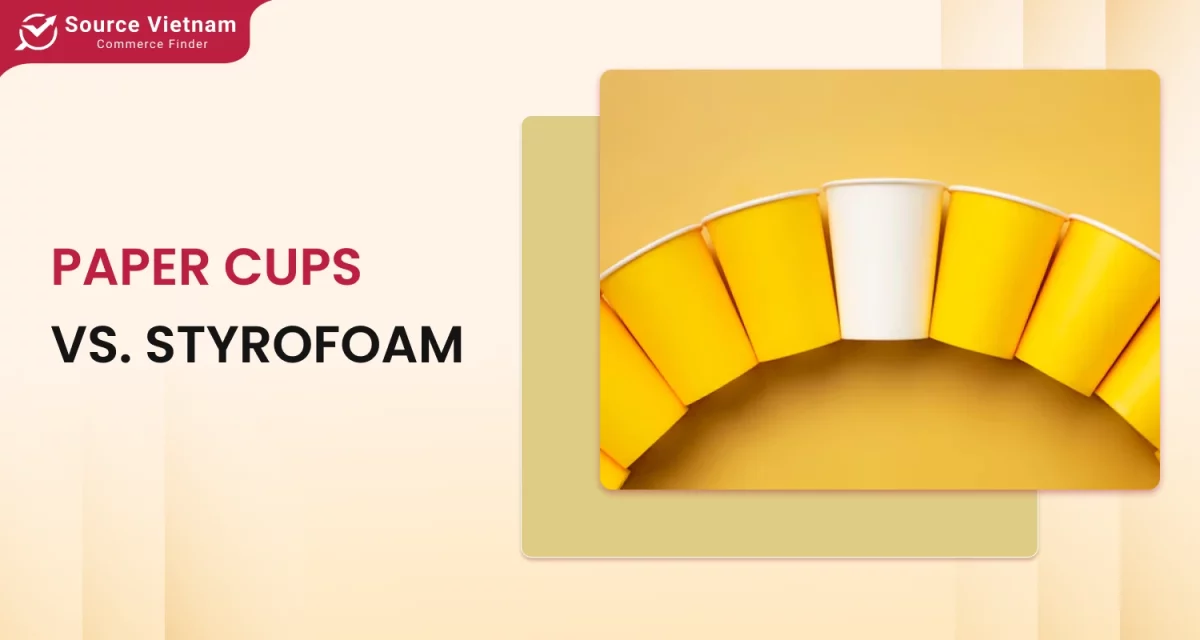Insight:
- Plastic and rubber are versatile materials used in various industries, from automotive to healthcare.
- The industry is experiencing significant growth but faces challenges in sustainability, cost, and competition.
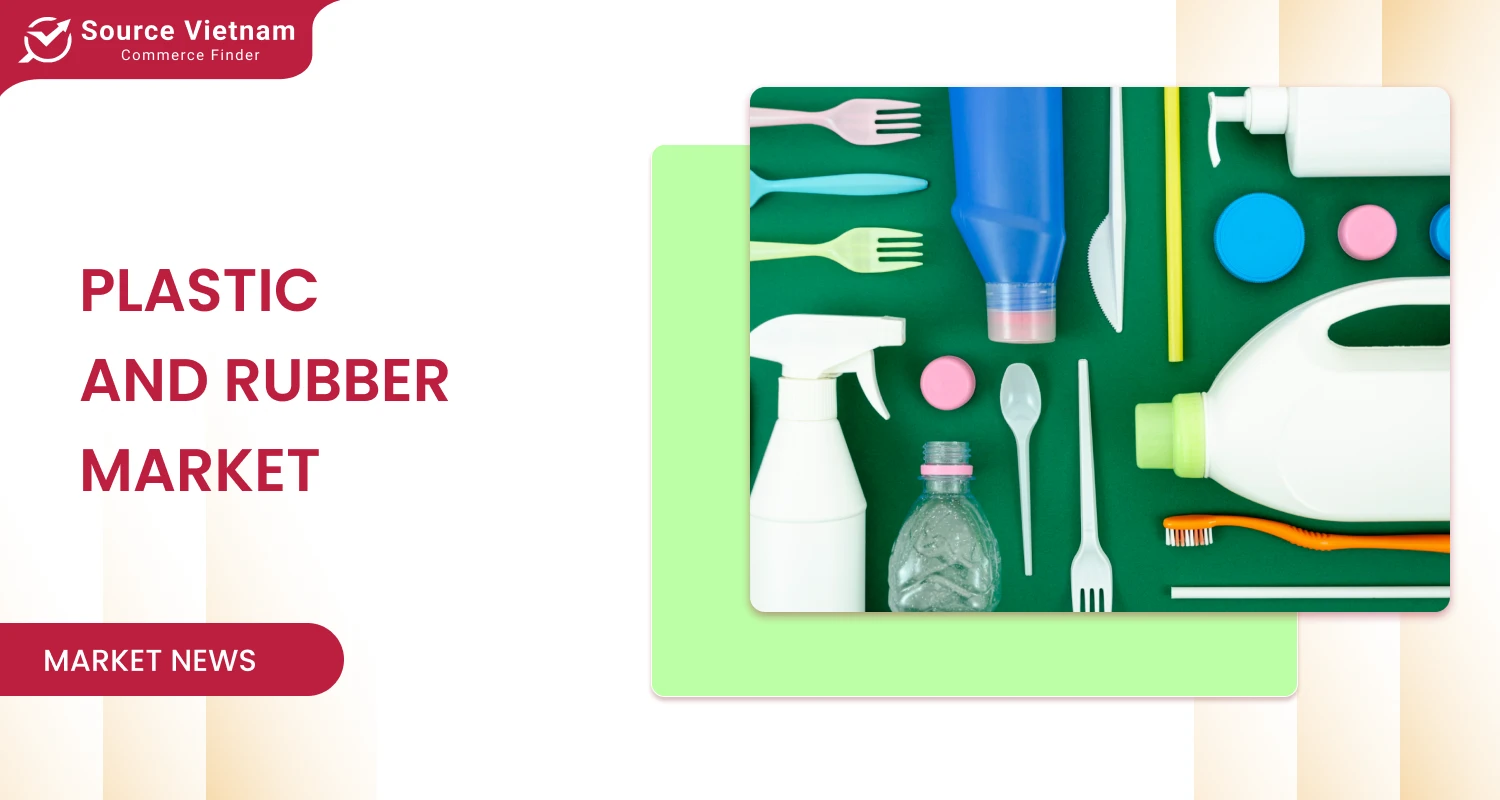
Plastic and rubber materials come from a wide variety of both natural and artificial sources. Artificial plastics are synthesized in labs and can take countless shapes, while tree rubber is a natural product, especially from the Hevea and Ficus species. This material is pliable and elastic and used in diverse, commonplace products.
These products can be divided into two categories: rubber products and plastic products. Plastic products are created from synthetic or semi-synthetic materials that can be shaped into various forms or objects. There is a wide range of applications for plastics in many industries, including auto, electronics, medical, and construction.
Plastic and rubber product market segmentation
For market segmentation, we can divide products made from plastic and rubber into various segments. Some examples include:
- By product type: rubber products and plastic products.
- By application: automotive and transportation, electrical and electronics, medical, construction, and others.
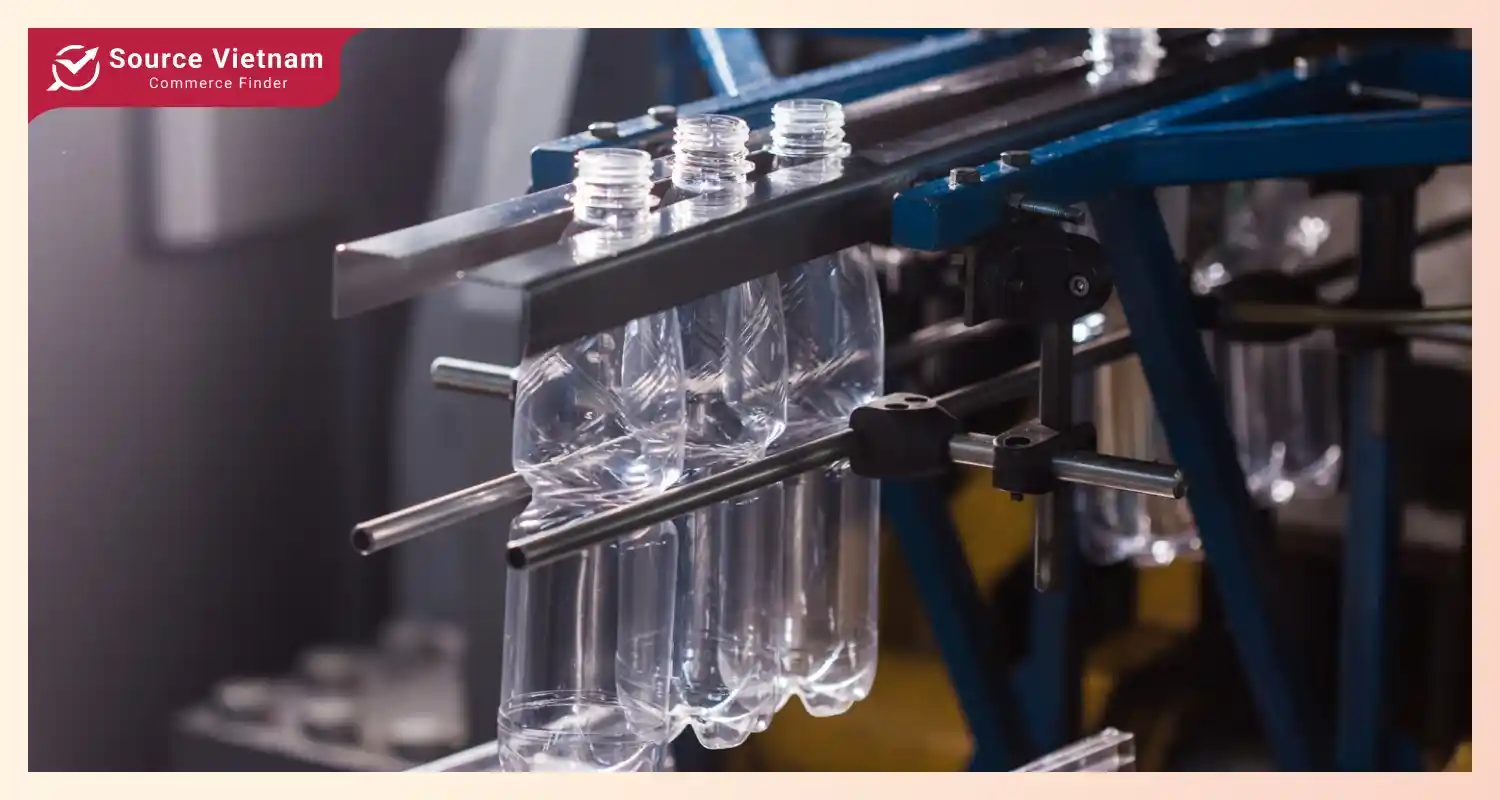
This material provides complete solutions across many sectors with its vast product assortment, ranging from tires and rubber hoses to plastic films, sheets, bottles, and foams. These products are important in satisfying market needs, from industry and packaging to construction or daily activities. A few of the standout goods that are well-liked on the market are:
- Rubber products: tires, tubes, belts, and other rubber items.
- Uncoated plastic films and sheets: films, plastic sheets.
- Plastic pipes and profiles: plastic pipes and other plastic profiles.
- Coated sheets, plates, and profiles: coated plastic products.
- Plastic bottles: various types of plastic bottles.
- Urethane and other foam products: foam, foam products.
- Polystyrene foam products: polystyrene foam products.
- Other plastic products: Other products not listed above.
Recently, the plastic and rubber products market has been significantly increasing. The market is forecasted to grow from $1.460.18 billion in 2023 to $1.566.76 billion in 2024. In this period, the CAGR is also forecasted to reach 7.3%.
This increase is led by many factors, like the growth of the industrial and manufacturing sectors, the automotive industry expansion, increased consumer goods production, the growth of the healthcare industry, and progress in the packaging industry.

In the coming year, the industry is forecasted more and more grow. It is expected to reach $2.048.5 billion by 2028 and reach a growth rate (CAGR) of 6.9% from 2023 to 2028. This growth can be attributed to the rising acceptance of electric vehicles and lightweight materials.
Besides foreign competition, circular economy initiatives, supply chain resiliency, and other legal consequences are constitutive markets. The industry’s future is further influenced by technological progress, including modern recycling, bio-based polymers, and plastic and rubber 3D printing.
The plastic and rubber market trend

Significant transformations are being witnessed in the plastic and rubber products market due to industries’ growth, consumer changes, regulatory frameworks regarding the environment, and new materials coming up.
Indeed, consumers are moving toward eco-friendly options in plastics and rubber-making. The latest trend is bioplastics, which come from plants or biomass, owing to the need for sustainability. To that end, the legislative measures increased as plastic waste diminished and boosted the plastic recycling ecosystem.
Moreover, there is a growing popularity of composite materials, which are plastics combined with materials such as carbon fiber or fiberglass. These composites are lightweight, strong, and possess unique characteristics.
Due to their versatility, plastics and rubber are widely used in various sectors. In the car business, they enhance car weight, fuel efficiency, and aesthetics. Likewise, composite materials are also used in the building sector to ensure that the structures built are resilient and can survive harsh environments.
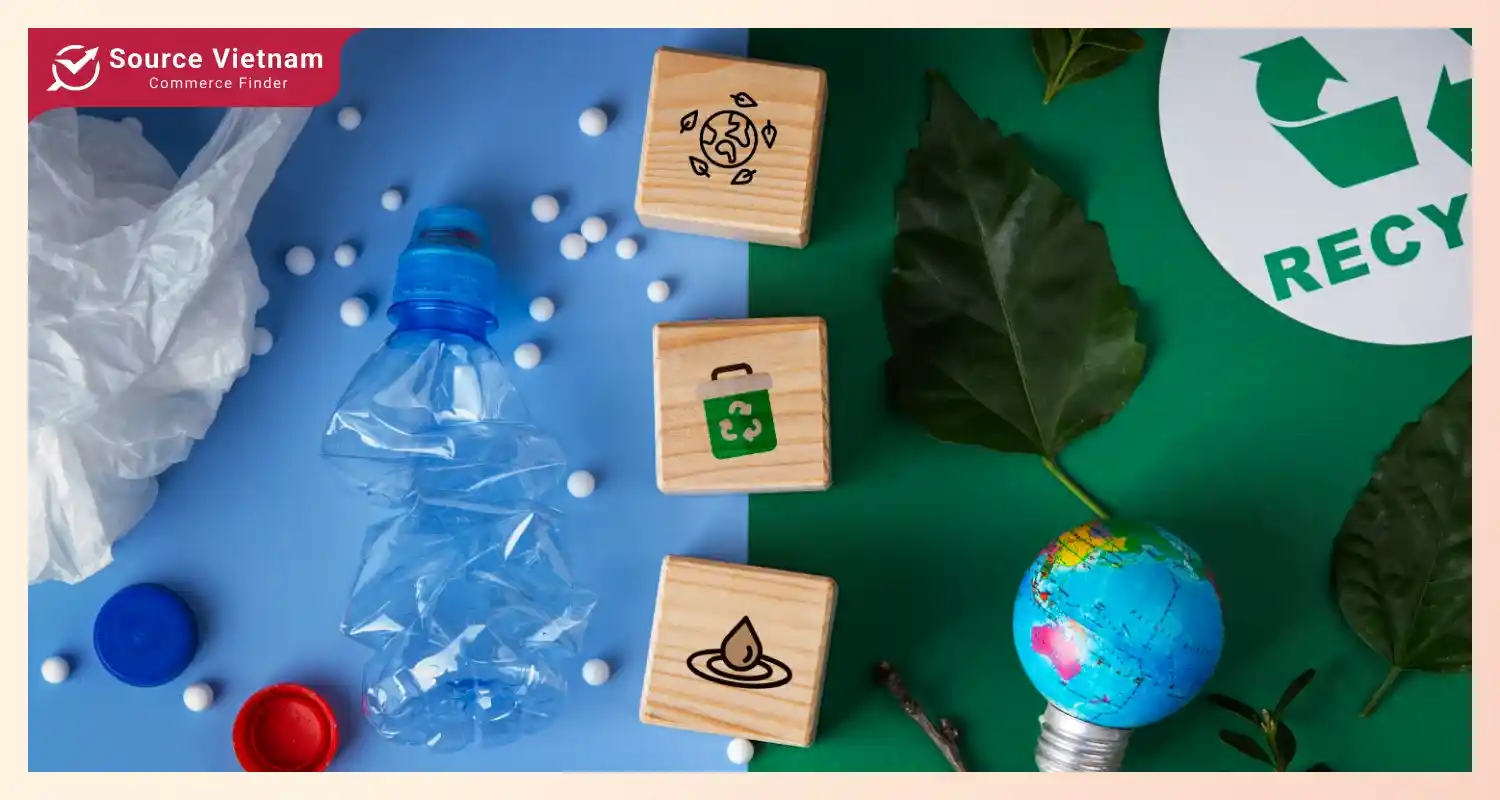
The electronics sector uses plastics to produce electronic devices, enclosures for computers, and cellular phones. The medical sector uses plastics in making medical appliances and packaging drugs, conforming to the rising demand for safe and usable medical products.
Kennedy observed that plastic and rubber products are in high demand and have growth potential. However, the industry has its problems. Most pollution has become plastic. It also brings maximum destruction to oceans and land ecosystems while proving detrimental to human health. Fluctuations in raw material costs, such as oil prices, would also be a central issue in the overall price of plastic products.
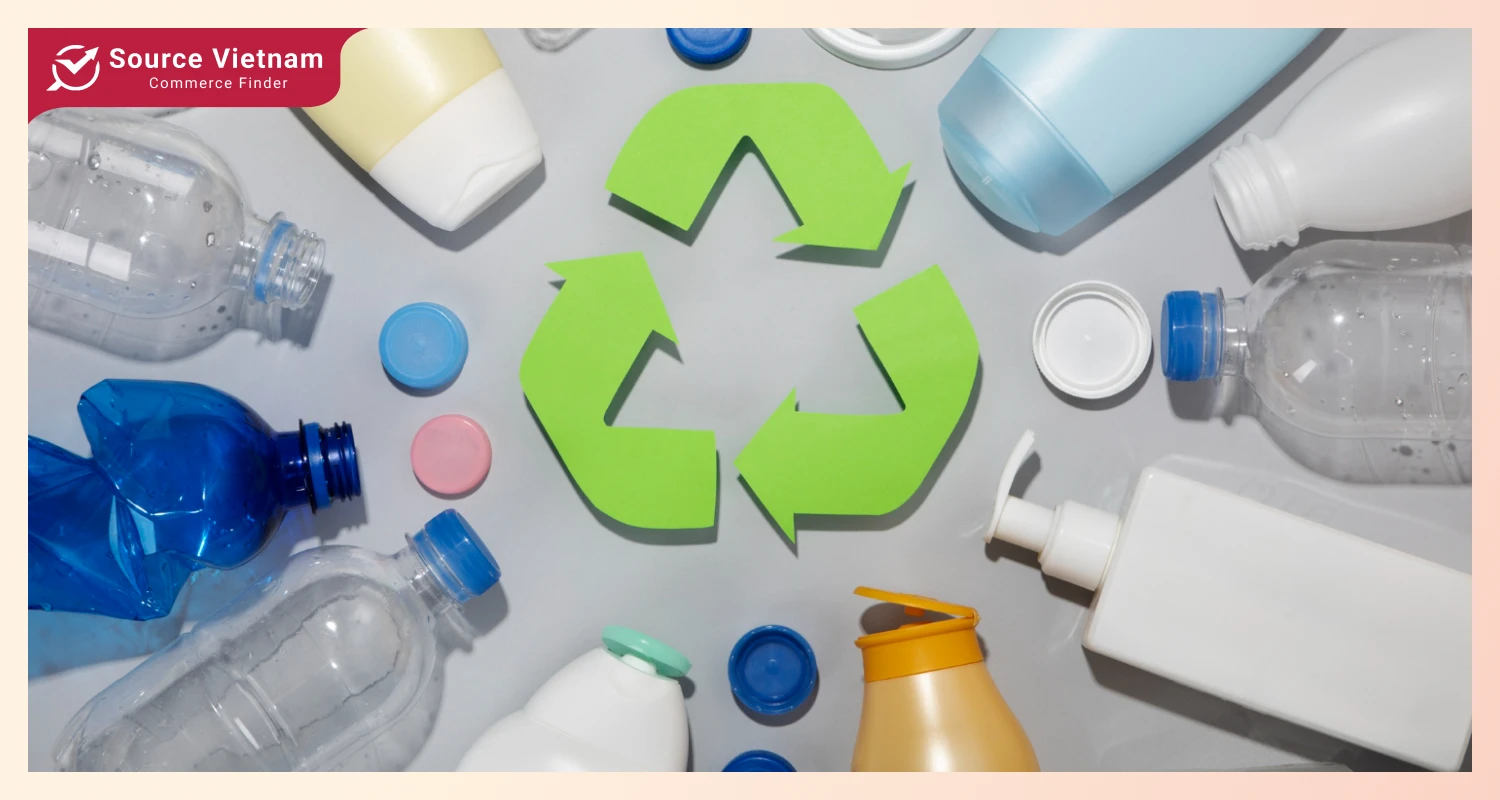
Pollution is plastic, the most. It presents the most destruction from oceans, earth ecosystems, and human health. Changes in raw material prices, especially oil, would also be a pivotal factor in the total cost of plastic products. Last but not least, substitutes such as high-strength light metals, ceramics, and composites with gradually tougher regulations on the usage of plastics are also other concerns for the plastics manufacturing sector.
The opportunities for business in the plastic and rubber market
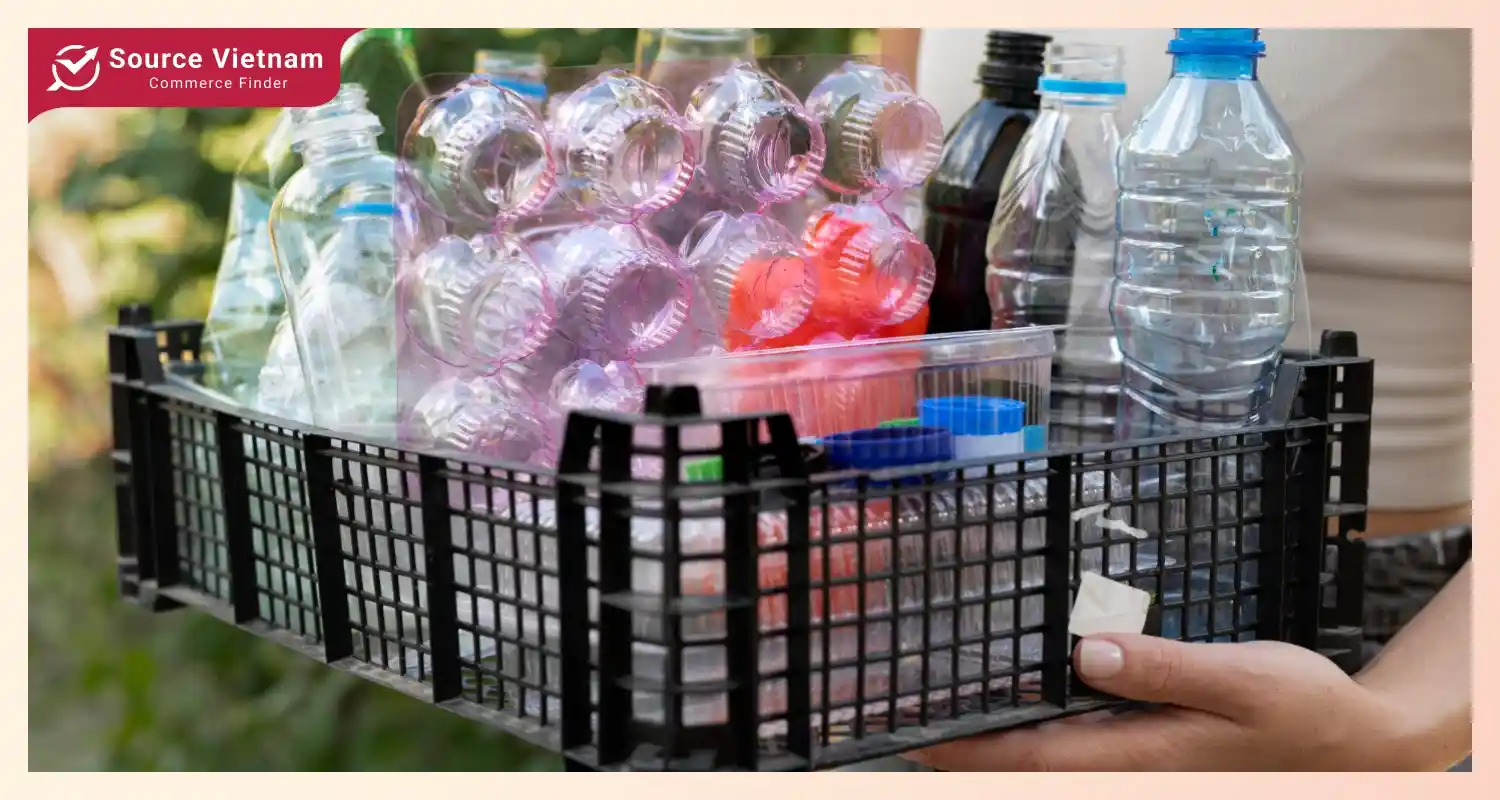
They must innovate their products to remain competitive and satisfy the growing market demands. Moreover, substantial investments in research and development are necessary to manufacture green plastics that perform better than conventional options.
Modern production technologies will also improve efficiency, reduce costs, and minimize negative environmental impacts. Besides product development, businesses should also focus on market expansion.
Seeking new markets, especially developing ones, will help businesses increase revenue and diversify income sources. Furthermore, collaborating with other businesses in the industry will create new business opportunities, share resources, and foster mutual growth.
The challenges that businesses face in this market
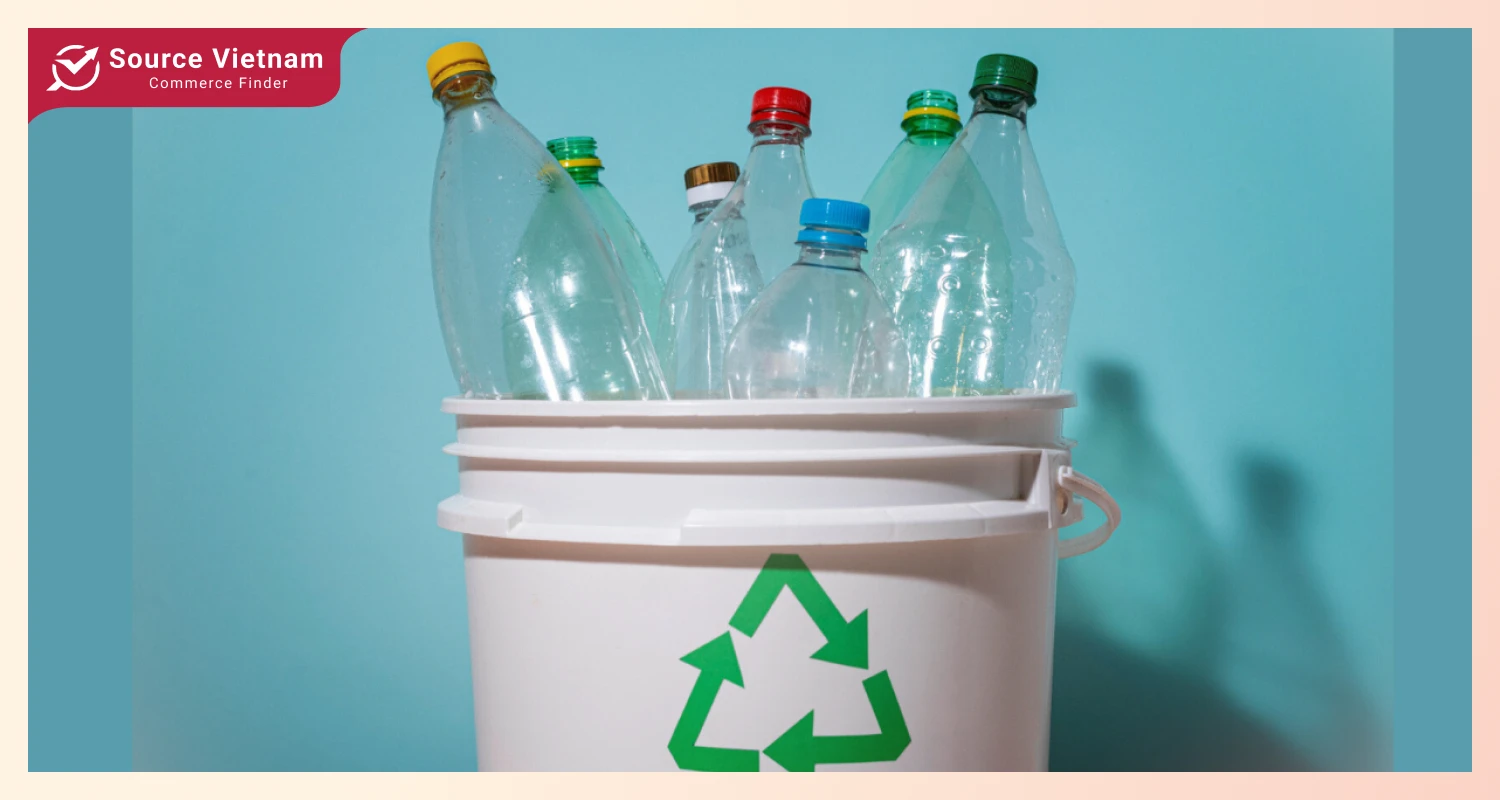
The plastic and rubber industry is facing significant environmental challenges. New laws are pushing companies to be cleaner, which means spending money on new ways to make things. This includes using recycled materials and creating less waste in the first place. But they also need to keep prices low to compete. To succeed in this situation, having intelligent employees is essential.
In the present context, organizations must emphasize training employees in the latest technologies, manufacturing quality products, and adopting environmentally friendly practices. It’s the economy’s future that such efficient people will simultaneously be a resource for business success and environmental conservation.
Conclusion
Polymers and elastomers are among the indispensable materials in various domains such as automotive, electronics, medicine, and construction. Its industry has grown considerably, but some hurdles include ecological problems and price rivalry. To sustain innovation and meet global demand, the industry must confront these environmental challenges, improve production efficiency, and cultivate skilled labor














